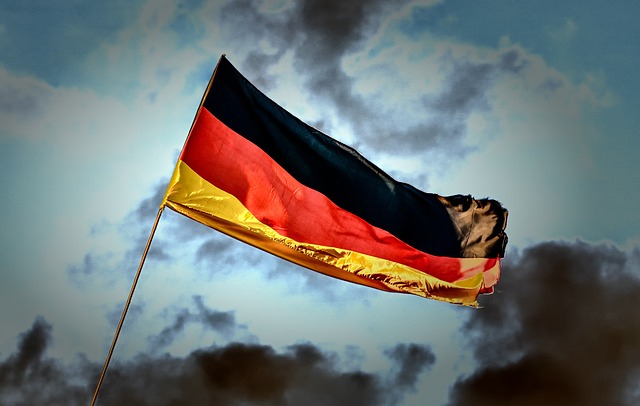
Water covers 71% of the planet and it’s essential for healthy people and healthy ecosystems. However, population growth, climate change, and pollution is threatening the global water supply. Currently, 1.8 billion people live in areas where water is scarce. Countries around the globe are acting to ensure a sustainable supply of fresh water now and for future generations. Read on to find out more about Germany’s water conservation efforts.
Water conservation in Germany: a four-pronged approach
Germany is known for efficiency and leading the way when it comes to sustainability. Water conservation is no exception. The country’s approach to conserving water focuses on four key areas.
Policy
In March 2023, the National Water Strategy was adopted by the German cabinet. The Strategy lays out measures designed to ensure more sustainable use of water resources by 2050 and beyond. The measures focus on:
- Protecting and restoring natural water systems
- Preventing water scarcity
- Adapting water infrastructure to climate change including flood prevention and drought resilience measures
Technological Innovation
Germany is increasingly deploying technology to aid water conservation and reuse.
Wastewater treatment plants are being upgraded to remove contamination from pharmaceuticals and microplastics.
Urban areas are being turned into ‘sponge cities,’ that absorb and retain rainwater. Think permeable pavements, green roofs, and rain gardens to reduce runoff and top up groundwater supplies.
AI is being used to monitor leaks, optimise water usage, and predict demand, making the water system more efficient.
Community and corporate water conservation efforts
The key to the success of any sustainability effort is getting communities behind it. Initiatives have been set up to raise awareness about water conservation and get people involved.
Viva con Agua, a charity based in Hamburg, raises funds for clean water projects across the globe. It gets the public involved in its campaigns through events, art, and sports.
WASH Network, a coalition of NGOs, raises awareness about water conservation and sustainable practices through public awareness campaigns.
Plastic Pirates, is a ‘citizen science’ project which engages young people in water conservation. One way it does this is by involving them in collecting data on plastic waste in rivers.
German business isn’t found wanting in the sustainability arena either. Corporate giants like BASF, Deutsche Telekom, and BMW weave water-saving practices into their operations and support local conservation projects.
BASF has taken steps to actively reduce water consumption in its production processes.
Deutsche Telekom has put measures in place to minimise water use in its operations and supply chain.
BMW has adopted water-saving technologies in its manufacturing plants and supports local water conservation projects near its facilities.
Global leadership
Germany has played a leading role in international efforts to tackle marine pollution, promote clean water, and address water scarcity. During its G7 presidency in 2015, it helped create the ‘Action Plan to Combat Marine Litter,’ which focused on reducing plastic waste in oceans and promoting marine pollution research. Its G20 presidency in 2017 saw the nation encouraging member states to adopt the ‘G20 Action Plan on Marine Litter’ . The action plan included pledges to reduce plastic waste and improve waste management systems.
And the country hasn’t stopped there. It’s part of the High Ambition Coalition to End Plastic Pollution which aims to develop a legally-binding agreement to tackle plastic pollution by 2040. German institutions like The Alfred Wegener Institute in Bremerhaven also continue to lead the way in research on marine pollution, including microplastics and their impact on ecosystems.
As the climate crisis deepens, Germany’s national and international efforts to conserve water should be an inspiration to us all. Want to learn more about water conservation around the world? Check out the rest of our blog to find out what other countries are doing.
